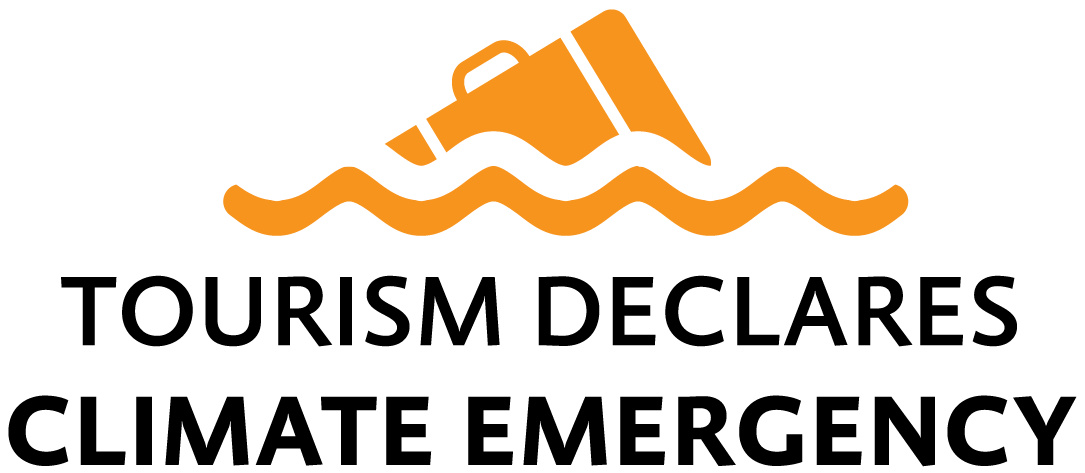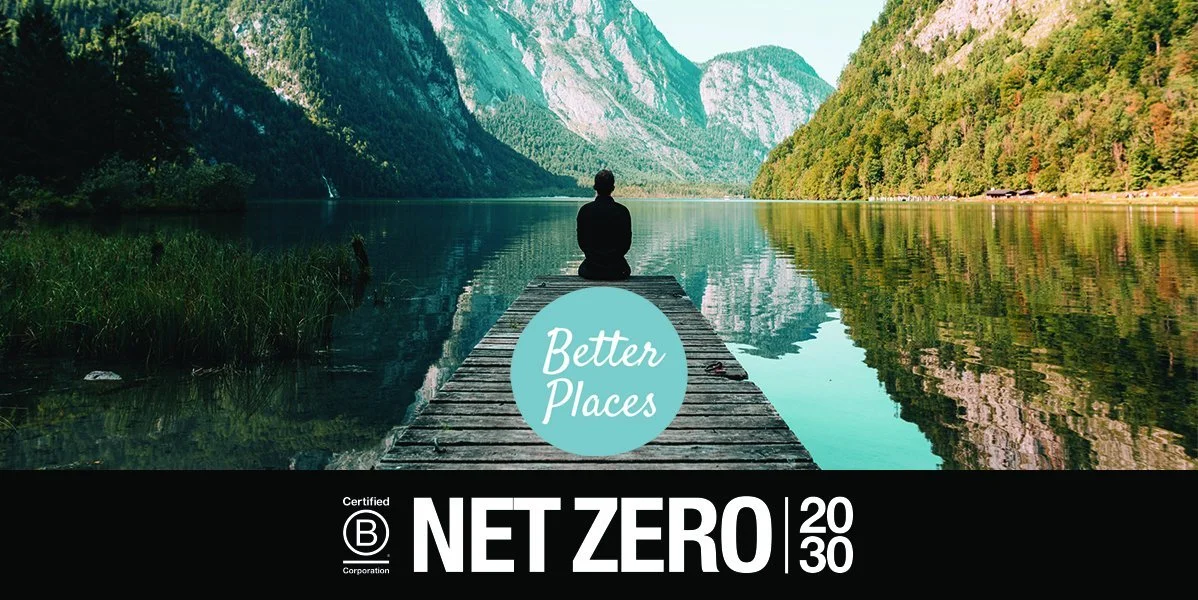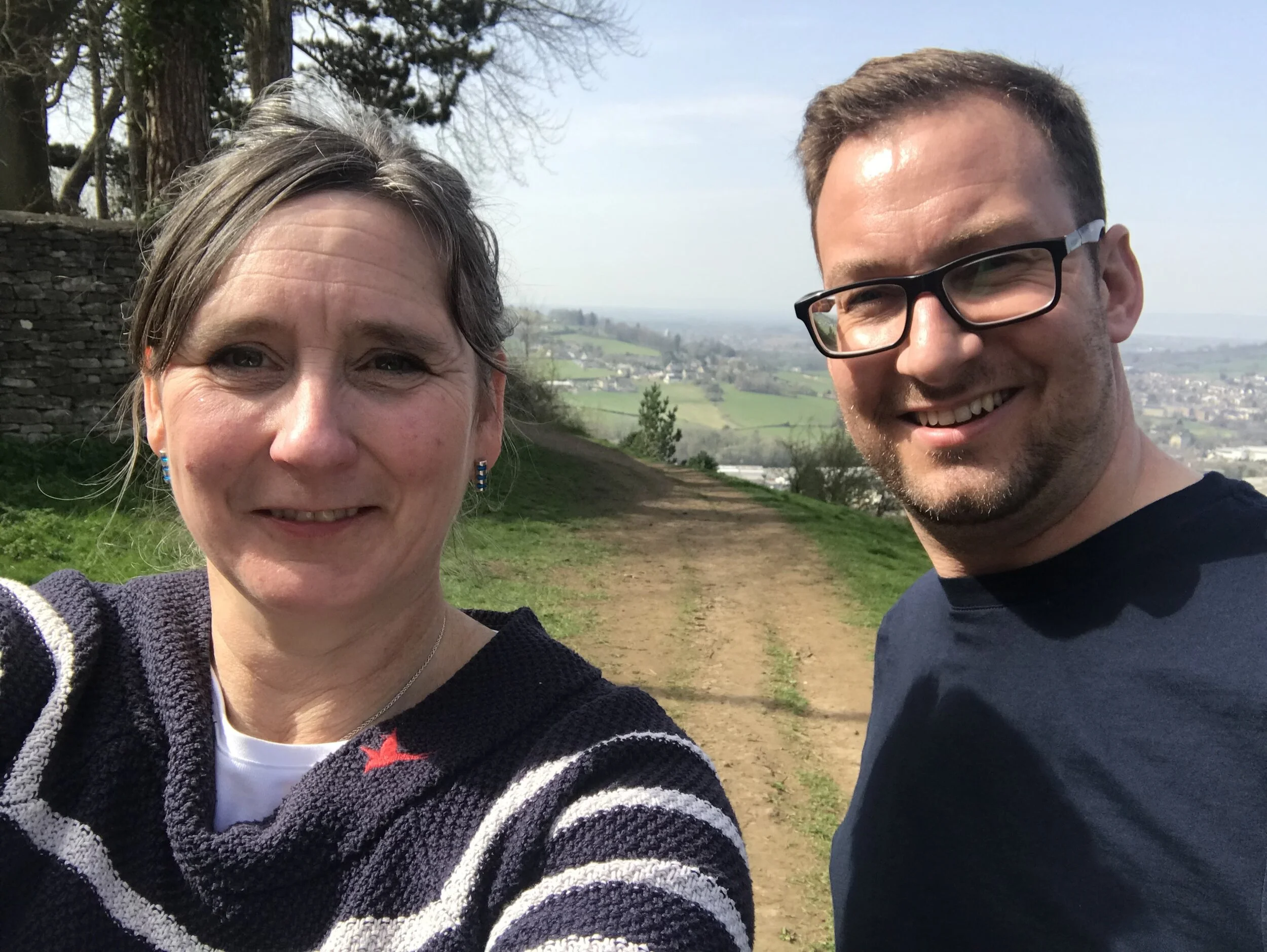Becoming the first national tourism board to declare with VisitScotland
In November, VisitScotland joined up with Wild Scotland and Sail Scotland to become the first National Tourist Board to Declare a Climate Emergency.
Here, Holly talks to Chris Greenwood, Senior Tourism Insights Manager, about what motivated them to declare and what it’s involved so far.
What motivated you to join Tourism Declares?
In line with the Scottish government’s ambitious climate change targets (to meet net-zero emissions by 2045), we’re committed to understanding the impact of the tourism industry on Scotland’s carbon emissions. Before declaring a climate emergency, we had taken steps to reduce carbon internally — in how we work and our office, for example — but now we want to spread the message wider. We want to factor climate change into everything we promote and do. Joining a global organisation helps us to put our actions in context and inspires us to step up.
The declaration also sends a message to the rest of the industry; that environmental responsibility is essential and that everyone can get involved. By declaring with two other tourism bodies, we hope we reinforced the fact that this is a collaborative effort and we’re all in it together.
How has this motivation changed in light of COVID-19?
Obviously, this is a hugely challenging time for the travel and hospitality industry, and it’s important to recognise that. But it’s also a vital time if we want to build back better in 2021 and beyond. There’s definitely more interest from travellers and the industry in how we can be more responsible in the future, both environmentally and socially. This year has also provided an opportunity to stop and reflect and commit to changes. As we grow and recover out of COVID, we’re better placed than ever to adopt more responsible practices.
What action have you taken since declaring?
There are three ways in which we are and will continue to take action:
Provide advice for tourism businesses in Scotland on how they can reduce emissions and become more responsible. For example, our latest campaign highlights the importance of using local suppliers. This not only helps the local economy but also decreases miles and therefore, carbon emissions. Lots of businesses are doing this already but don’t understand the environmental implications. This work encourages companies to speak up about their responsible policies, encouraging transparency across the board.
As the national tourism body, we manage the success of popular destinations and have a good overview of how to encourage more responsible visitor behaviour. We work with regions to protect communities and the environment. For example, we promote sustainable mobility to dispel the myth that it’s not possible to travel around Scotland by public transport. Businesses themselves might not understand the opportunities for public transport use, so this is as much targeted at them as it is consumers. We also do things like encouraging year-round visitors to reduce environmental toll or infrastructure overload and ensure a good spread of visitors throughout the country.
By forming partnerships with environmental experts and bodies, we can help to raise the bar across the whole Scottish tourism industry. For example, we work with Zero Waste Scotland to look at more efficient ways of managing energy and waste from different types of tourism businesses and events.
Another exciting area of development is factoring carbon into how and who we promote Scotland to. Part of our responsible travel strategy is balancing the economic and environmental impact of visitors.
In an ideal world, we want to attract visitors that provide maximum financial value to our local communities, suppliers and businesses while having the optimal environmental impact. For example, evaluating the difference between someone who flies long-haul and spends three weeks travelling overland contributing to community and conservation projects or a domestic tourist who spends three nights in a single destination. We’re starting to work out how to compile this data.
What tools or resources have you found most useful in declaring a climate emergency?
We’ve sought inspiration from other destinations across Europe. Visit Flanders have done a lot of brilliant work measuring the impact of visitors, and New Zealand has also been very active in how to build back better. We’re keen to work with other destinations and pool resources. This is what’s so great about the Tourism Declares initiative; we’ve all shown that we’re committed to the same outcome and are willing to work together to get there.
What are the main challenges you face when reducing emissions?
As a National Tourist Board, we have little control over what goes on, on the ground, so obviously, this is a challenge when it comes to directly reduce emissions. This is why it’s important to work to our strengths (as outlined above).
COVID presents a challenge because there is a risk that economic growth will become a key driver for recovery. We need to understand what businesses (small businesses in particular) need to survive in the short term so we can plan for recovery and building back better in the longer term. When we move into the post-vaccine period, when confidence is back up, it will be critical to work with enterprises and businesses to show a consistent view of what responsible recovery will look like.
The pandemic means that, for now, people are reluctant to do things like use public transport. When the time is right, we will need to work with the industry to help travellers gain confidence in public transport and ensure our infrastructure is performing better than ever.
2021 is an important year for Scotland and Tourism Declares, because in November we will host COP 26 — the UN climate change conference — in Glasgow. We have the whole of 2021 to push our message and get as many stakeholders as possible on board.
What solutions are you most proud of?
The level of collaboration that’s required; we can only do this together. I’m delighted that we joined forces with Sail Scotland and Wild Scotland to declare.
What does the next level of commitment look like?
As outlined in our responsible tourism plan, we will focus on:
Taking action to reduce carbon emissions as an organisation and encourage Scotland’s tourism industry to do the same.
Working collaboratively with the tourism and events industry to educate and share best practice around reducing carbon emissions.
Playing a leading role in Scotland becoming a globally recognised responsible destination.
Engage our communities to make sure they are at the heart of everything we do.
Do you think it’s important that the travel industry works collaboratively on combating the climate crisis?
It’s essential, particularly for destination organisations. VisitScotland doesn’t control the tourism product, but we know that tourism can be a force for good. The message we’re trying to get out is that if we want responsible growth, we need to evolve and change together. It’s in the interest of tourism businesses to move in this direction because it will protect the very reasons travellers want to come to Scotland — for nature, beauty and heritage.
What advice would you give to others declaring?
Have the confidence to recognise that protecting the environment is imperative. Being able to make that stand is the first step. Put yourself forward; it’s about doing the right thing.
Understanding the destination is crucial, which goes back to the collaborative approach. Whether you are a leader or a facilitator, you have to understand your destination and stakeholders to make what needs to happen, happen.
Don’t wait; start your journey now. We’ve been through a significant upheaval, and there’s never going to be a better time to build back better.







Students get access to a range of online modules which they complete alongside the rest of their travel group prior to departure. Two focus on the climate crisis.